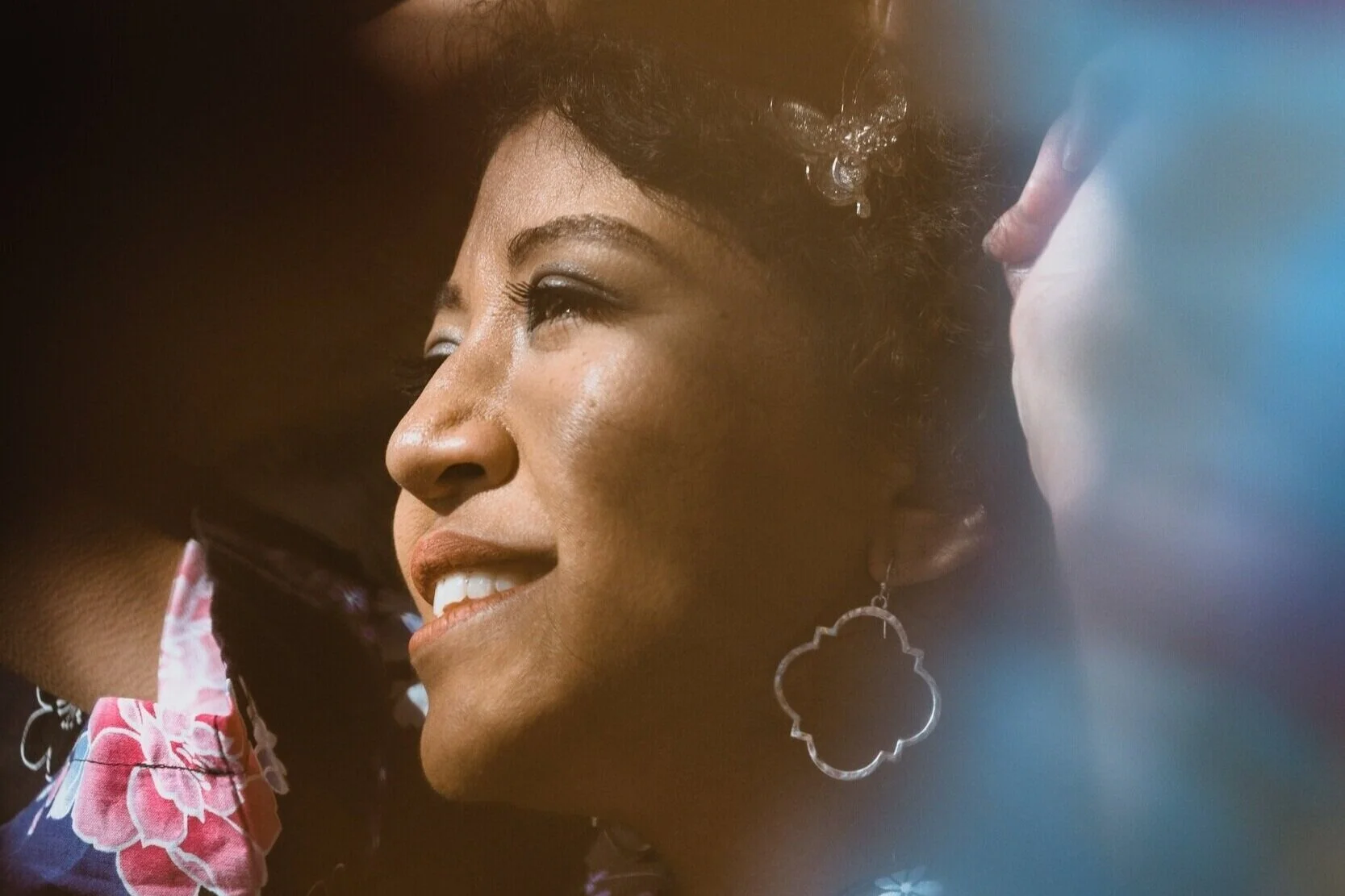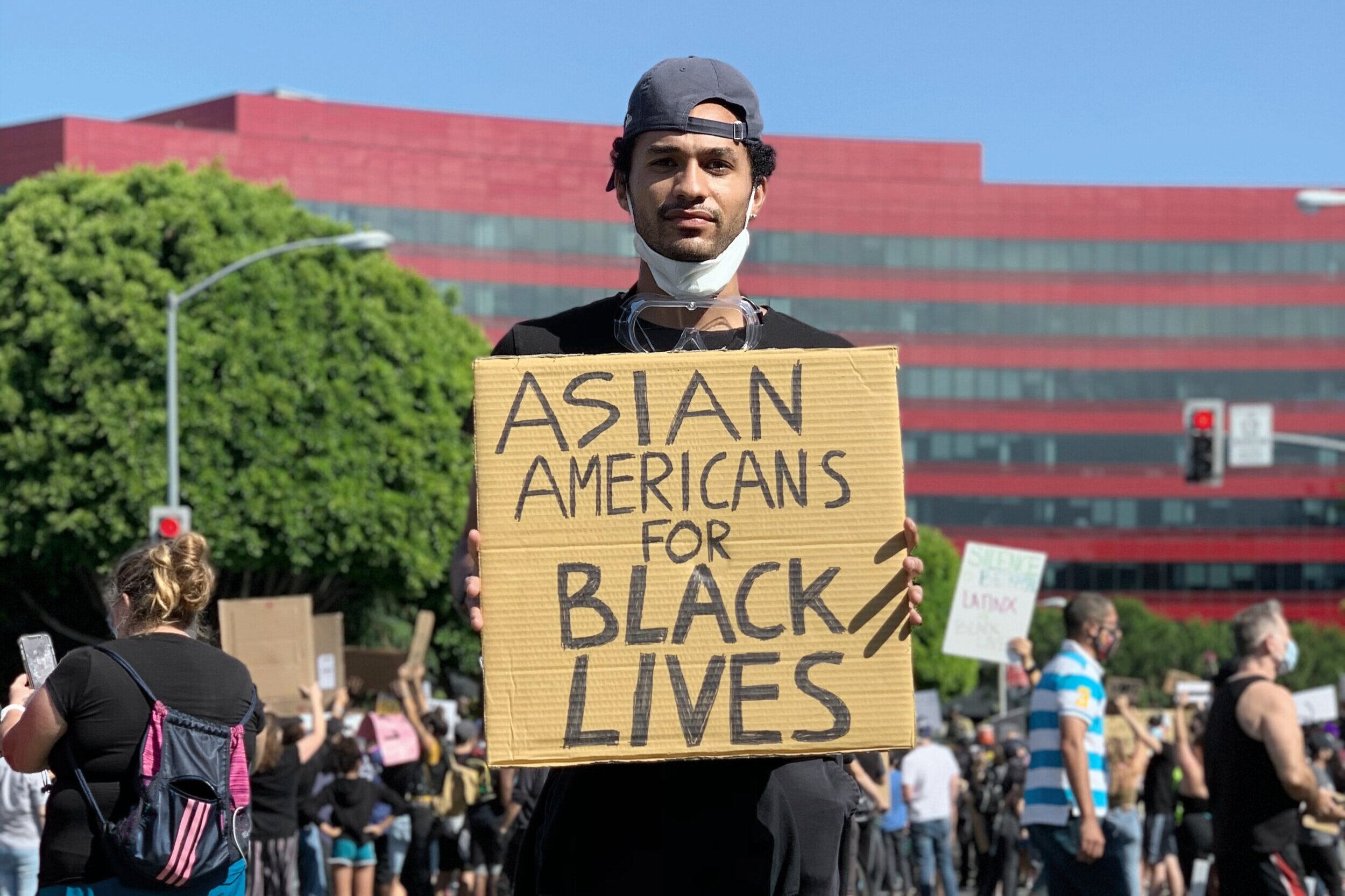better off as the majority or the minority?
From the transition of growing up in a predominantly Asian environment, to attending college and living outside of his bubble, Timothy To, for the first time, saw himself differently. He was a minority as an Asian American, rather than part of the Asian American majority in San Francisco’s Outer Mission and Excelsior districts. Most of his cross-cultural exchanges and conversations with those he met across the U.S. began with food, a common topic referenced when people would connect “Chinese” and “Asian” together. Working through these experiences, Tim has grown to understand the impact of his culture and the challenges he has faced as a first-generation Asian American.





















